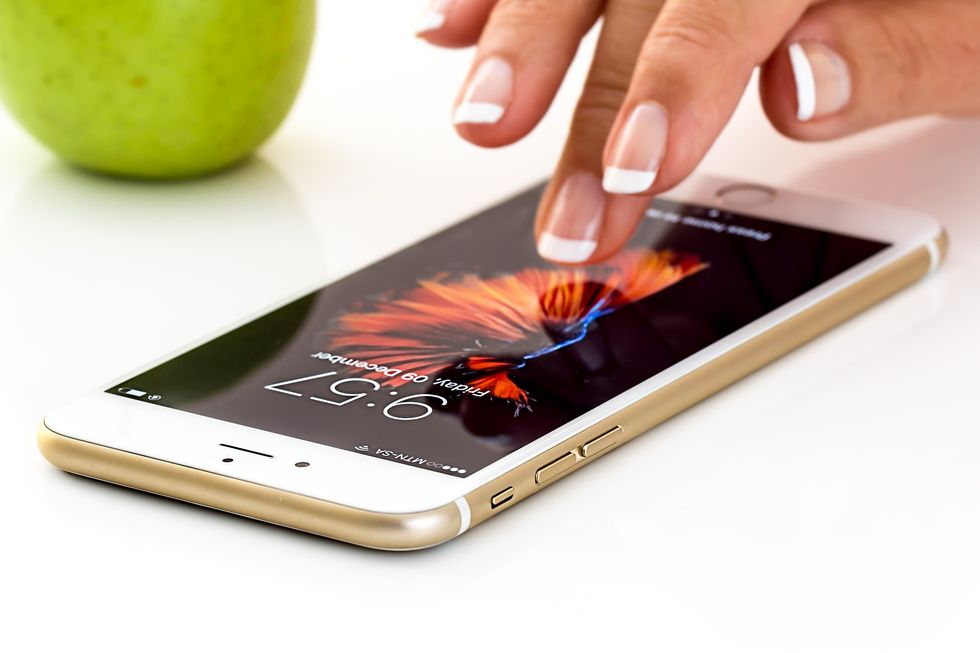What if I told you that cell phone addiction is no longer just a “teen” thing? And what if I told you it wasn’t even a twenty-something thing?
As cell phones become more ingrained in our culture, studies are finding that 98% of adults 30-49 own some sort of cell phone, and 94% of adults ages 50-64 own a cell phone. These staggering statistics reveal that cell phones are no longer just a teenage fad, they’re an integral part of our society.
With numbers like these, it is important that we evaluate what cell phones mean to us, and what is a healthy balance of use.
Many people are quick to jump in and say that almost every cell phone user is addicted to their devices, which is a heavy claim seeing as though cell phone addiction has been known to be linked to anything from mental health issues, to walking hazards, to even serious cancer risks.
But if you’re anything like me, you’ve already heard all of that. Anyone my age or younger has been told a thousand times about the risks of cell phones, and it’s obvious we don’t really care.
Cell phones have already become a part of our everyday lives, part of our learning, working, part of how we interact with our friends and the world. To lose that connecting piece is crippling in many professional and social instances.
Cell phone addiction, reliance, or dependence can be serious problems. These diagnoses shouldn’t be thrown about lightly, and they shouldn’t be accused on everyone who fits the typical profile. Not every young adult is addicted to their phone, even though we use them frequently.
Perhaps there is a difference between addiction and functional use.
Are you addicted to your car because it gets you places? Should the risk of car crashes force you to bike to work, or should you try a horse and carriage instead? Are you addicted to your frying pan because it’s more efficient than open flame? If you’re a ‘bookworm,’ does that make you addicted to books? Where do we draw the line between real addiction and convenience?
Many psychologists define the addiction line with a few simple questions, which mainly fall under: Can you be off your phone for a few hours at a time without feeling anxious? If you can’t, maybe you should work towards limiting your cell phone use, or following guides to a more healthy relationship with your phone.
Whatever the case, it’s important that we think about our relationships with the technology around us and how they affect the quality of our lives. We shouldn’t be quick to reject or make fun of people for their technological reliance either, especially now that the majority of us own cell phones. We have to accept that many people use their phones as useful tools in their lives, while others are dealing with serious addiction.
We’re all in the same boat, or, I suppose, we’re all on the same screens. Let’s work together to figure out what that means.



















